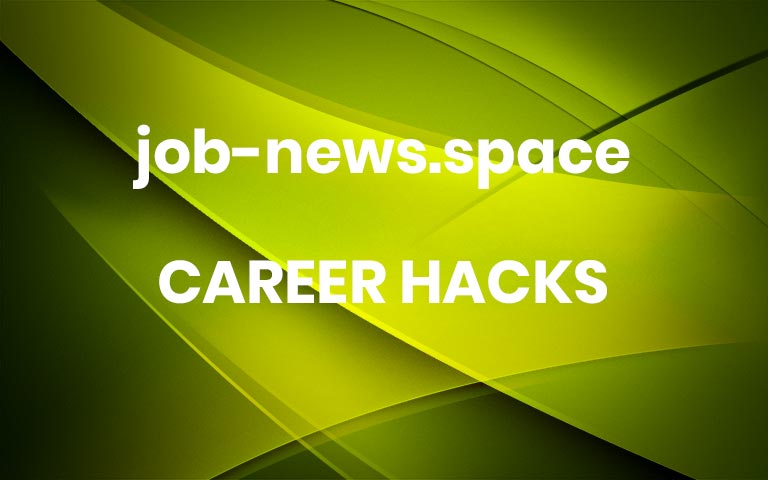Knowing What You Want So You Can Find a Job You Love
Searching for a new job can feel like a daunting task, especially if you weren’t expecting to or have been out of the market for a long time. Before navigating interviews, you may be creating a mental list of things to do including updating your resume, LinkedIn profile, and to start looking at what opportunities are out there. In our recently published ebook, From Layoff to Lift Off: A Comprehensive Guide to Bounce Back in Your Career, we share that the first, and most important, step to start with in your job search is to look within and take stock of what is most important to you in your next opportunity.
Wants & needs
Between what profession and life stage you are or will soon be in, your non-negotiables and ‘nice to haves’ can vary from person to person. Starting a job search calls on self-reflection into your top priorities and deal breakers in your next opportunity, which should take place before speaking with a recruiter. The areas that job seekers can begin evaluating include (but are not limited to):
Finances, such as preferred base salary, bonuses, equity or stock options, and total compensation
Benefits and perks
Work-life balance
Tech stack
Company size, stage, and industry
Company culture
Location, which would include considering if you’re comfortable with and able to commute into an office in a post-COVID world
As you consider these areas for yourself, understanding what you don’t want is equally important as what you do. Additionally, while it is important to showcase your skills and strengths, being able to identify what you are interested in learning more or growing in, especially with regard to your technical experience, will help you immensely to be able to communicate those desires effectively in your online presence, cover letters, and interviews.
Empower yourself with data
Once you have outlined a list of your preferences, requirements, and deal breakers, as a job seeker one of the best things you can do is to empower and equip yourself with data and research into the role(s) you are interested in. You look into the job requirements for the role(s) you’re interested in, compensation offered for the title, level, and market that role is located in, and into the hiring companies, especially as it relates to your list of preferences.
Information on company size, stage, industry, location, and culture are often easily accessible online, especially on the company’s website, prior to you even applying for open roles. On the other hand, information on compensation, benefits, and perks offered might be a little harder to find unless you’re actively interviewing with that respective company. In these instances, it is especially important to know what you want so you can ask the right questions in your interviews to uncover that information to make the best decision for you. In terms of compensation, while company-specific information may not be readily available, you can equip yourself with market research by using tools such as:
According to our 2020 State of Wage Inequality Report, the wage gap that exists today is perpetuated by a gap in what candidates actually expect to receive. This is consistent not only between women and men but also across racial groups, age groups, and markets. Since their expectations are lower than their market value, tech workers are asking for less and getting paid less. When you know your value, and it is backed by data, you can go into conversations about compensation more confidently to ask for what you deserve. By analyzing data from multiple resources, you can cross-reference the numbers you find to give you a good idea of a range you deserve for your experience in addition to what you can expect to see for roles you are interviewing for. More




